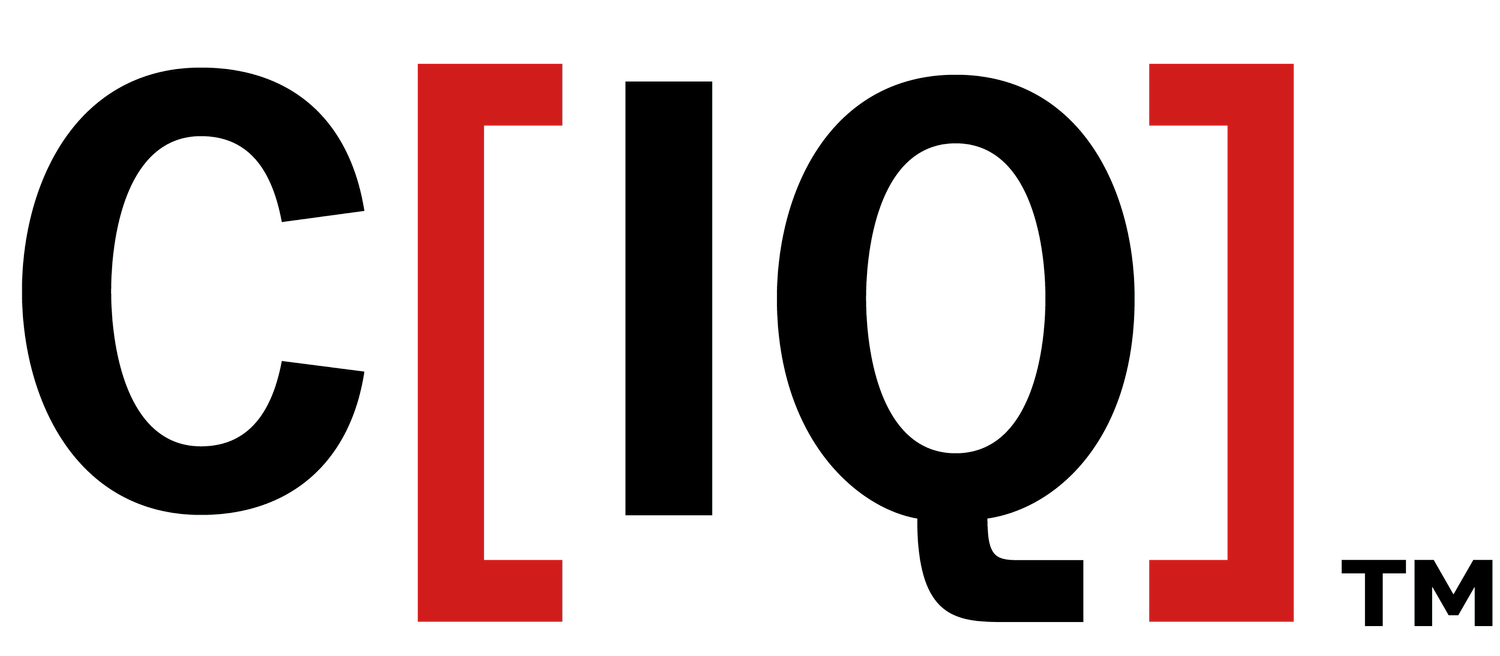Evolving to Hyper-Relevant Engagement
Credit: Azmani
Today's consumers expect brands to know them and respond to their individual needs…
80% of consumers are more likely to do business with a company if it offers personalized experiences. [1]
72% of consumers say personalized content plays a major role in their purchasing decisions. [2]
52% of online shoppers say tailoring content to their behavior is important. [3]
Clearly, generic mass marketing is no longer sufficient. Personalization has become standard practice for marketers today. Leveraging data on consumer segments, we can tailor content, product recommendations, messaging, and offers to broader groups of consumers to provide a more relevant experience.
Individualization
However, the next horizon is individualization — treating each consumer as an individual with unique interests, needs, and preferences (apologies for the 8-syllable word 🤓). While more challenging, individualization enables hyper-relevant, 1-to-1 consumer engagement and experiences. Transitioning from personalization to individualization requires evolution in three key areas:
1. Data Collection and Sources
Moving to individualization means gathering more detailed data on each individual consumer versus relying on segment models. This requires compiling data from more sources - website behaviors, CRM histories, social media activity, purchase data, service records, etc.
2. Content Customization
With deep understanding of each consumer, content and messaging can be tailored to align with individual interests and priorities. For example, personalized content may promote top product features for a consumer segment, while individualized content will highlight the specific features most relevant to a single consumer.
3. Technology Platforms
Individualization relies on technology that can gather, analyze, and activate on individual-level data in real-time. This requires investments in solutions like customer data platforms, personalization engines, and yes, definitely, AI capabilities.
Brands I believe are on the front-lines of individualized engagement include:
Netflix - Recommendation engine analyzes individual viewing data to suggest personalized content.
Nike - Customizes shoe designs and marketing through individual consumer data.
Amazon - Purchase history drives hyper-relevant product recommendations.
Spotify - Individual listening patterns inform personalized playlists and podcasts.
Disney - Leverages consumer profiles to individualize park experiences with custom greetings and suggestions.
A common thread is using AI and deep consumer data to understand each individual and respond differently based on personal insights. Personalization is now table stakes - individualization is the new marketing frontier enabled by technology. And C[IQ] can help your brand make the shift to hyper-relevant engagement.
Breaking News…
C[IQ]™ now helps brands leverage AI in marketing. Thanks to client engagements seeking this capability, we’re building in-house capacity in conversational-AI development for infinitely scalable, highly individualized consumer engagement, including AI-strategy development, NLA design, model-tuning, prompt engineering, and more. Curious about the potential of AI in your brand management? Let’s chat (it’ll be a real human experience, I promise 🤓).
[1] Evergage “Trends in Personalization”
[2] Segment “State of Personalized”
[3] Monetate “Personalization Trends”

